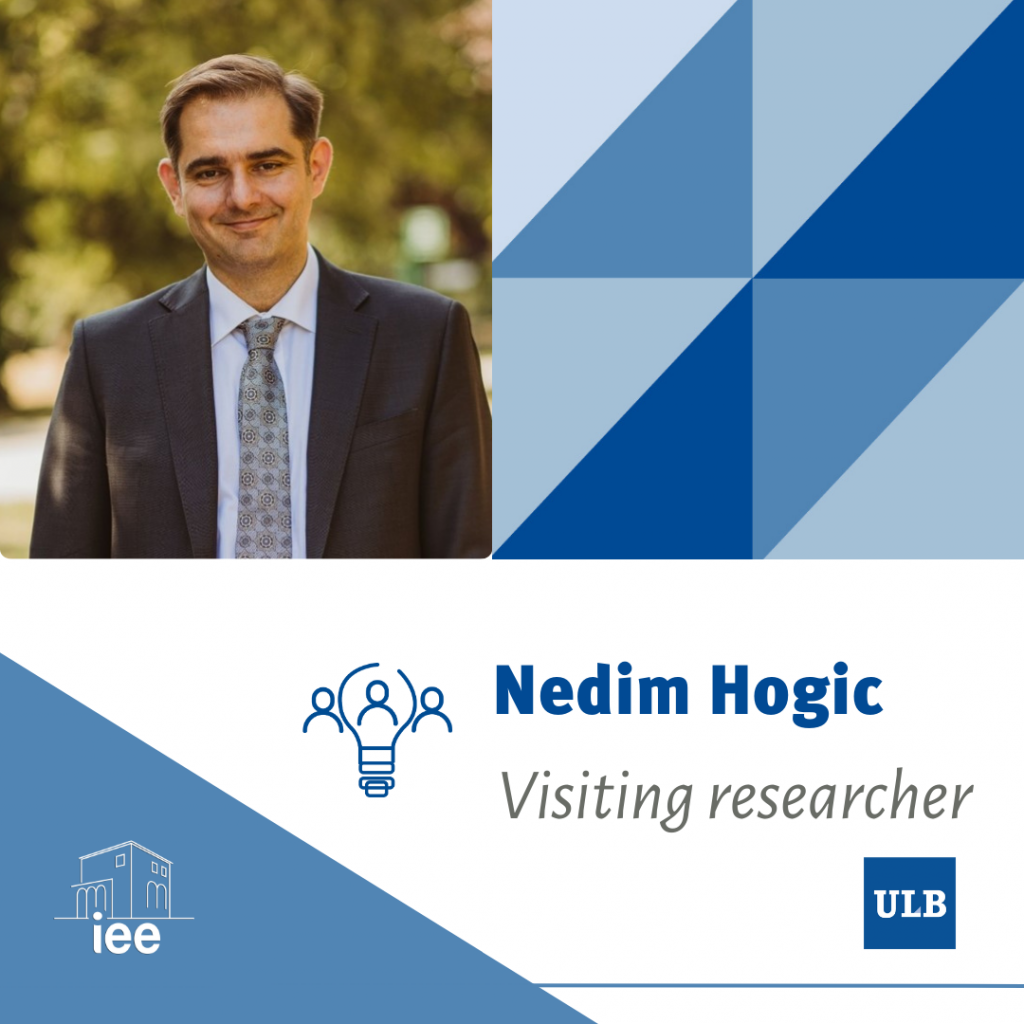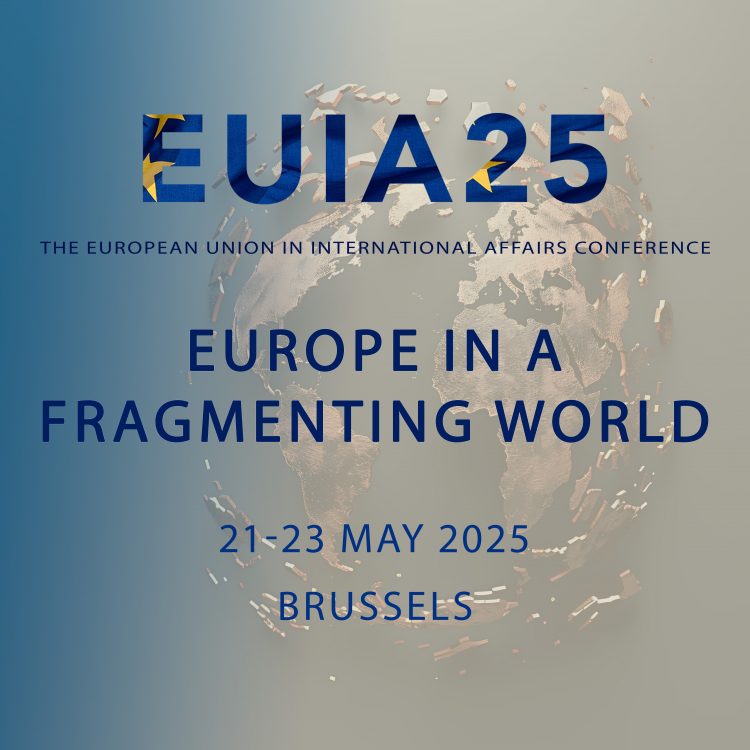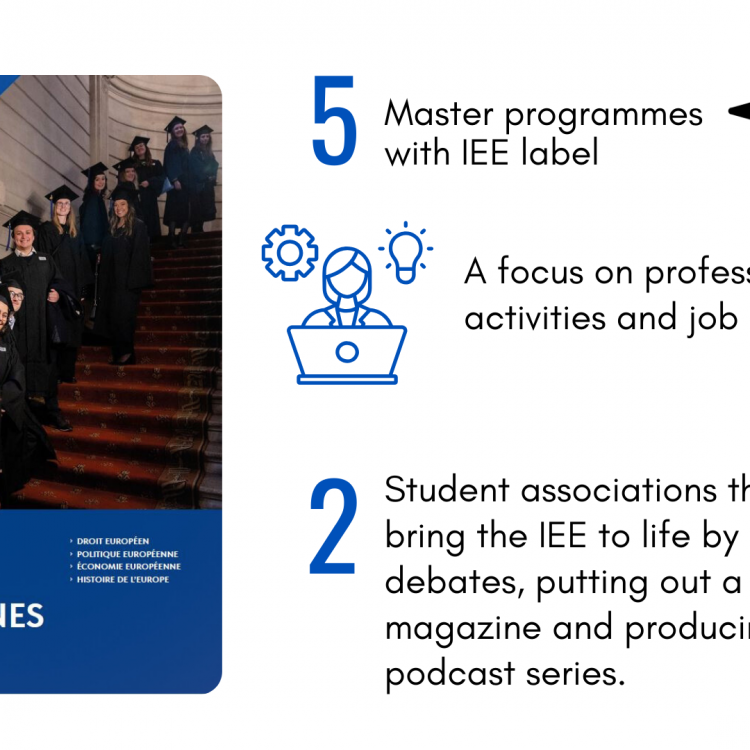His academic interests
The European Union is taking significant steps to enhance its regulatory framework for combating transnational corrupt activities. In May 2023, the European Commission proposed a new Directive on combating corruption, which aims to harmonize and update existing EU rules governing the definition and penalties for corruption offenses. This proposed legislation marks a crucial development in the EU’s anti-corruption efforts, as it would bring together public and private sector corruption in one legal instrument for the first time at the EU level. The proposed Directive seeks to raise criminal law standards across all 27 EU member states by harmonizing the definition of corruption-related offenses and their treatment.
Another important initiative in this regard is the Defense of Democracy package that aimed to establish common transparency and accountability standards for interest representation activities directed or paid for from outside the EU. This measure seeks to protect the EU’s democratic sphere, promote institutional trust, and safeguard open public debate from covert interference.
Controversial among civil society organizations, academics, and journalists, the package is criticized for its risk of undermining the very civil society organizations that uphold democracy while potentially failing to adequately address foreign influence in the EU.
His research at IEE-ULB
“I chose ULB-IEE because of the expertise of its staff in matters of European law and its focus on interdisciplinary research, bringing together experts from law, political science, economics, and history to study European integration. During my stay with the Institute, I worked with Ramona Coman and Chloe Briere to develop my ideas about better academic exploration of corruption topics in European law. My research stay has been fruitful, as it has helped me develop my research proposals and ideas for academic articles in that area. I was particularly interested in learning how and under what conditions we can establish that a new area of law is emerging.”
How to become a visiting researcher at the IEE-ULB
The IEE-ULB regularly welcomes visiting researchers whose work focuses on its main lines of research.
Interested candidates are invited to submit their applications which must contain: an up-to-date CV, a research project highlighting the link to one or several of the IEE’s four research themes, the proposed research period, and the name of the IEE-affiliated professor who has agreed to act as the researcher’s supervisor.
Applications should be send to Prof. François Foret, Dominique Dembour, and Dr. Marta Matrakova.
Decisions on visiting research applications are taken by the Council of the IEE, which gathers five times per year. Next dates are:
- 12 March 2025 and 19 May 2025.
Contact
For any questions about a visiting research stay at the IEE, please contact the IEE’s Research Manager, Dr. Marta Matrakova.




